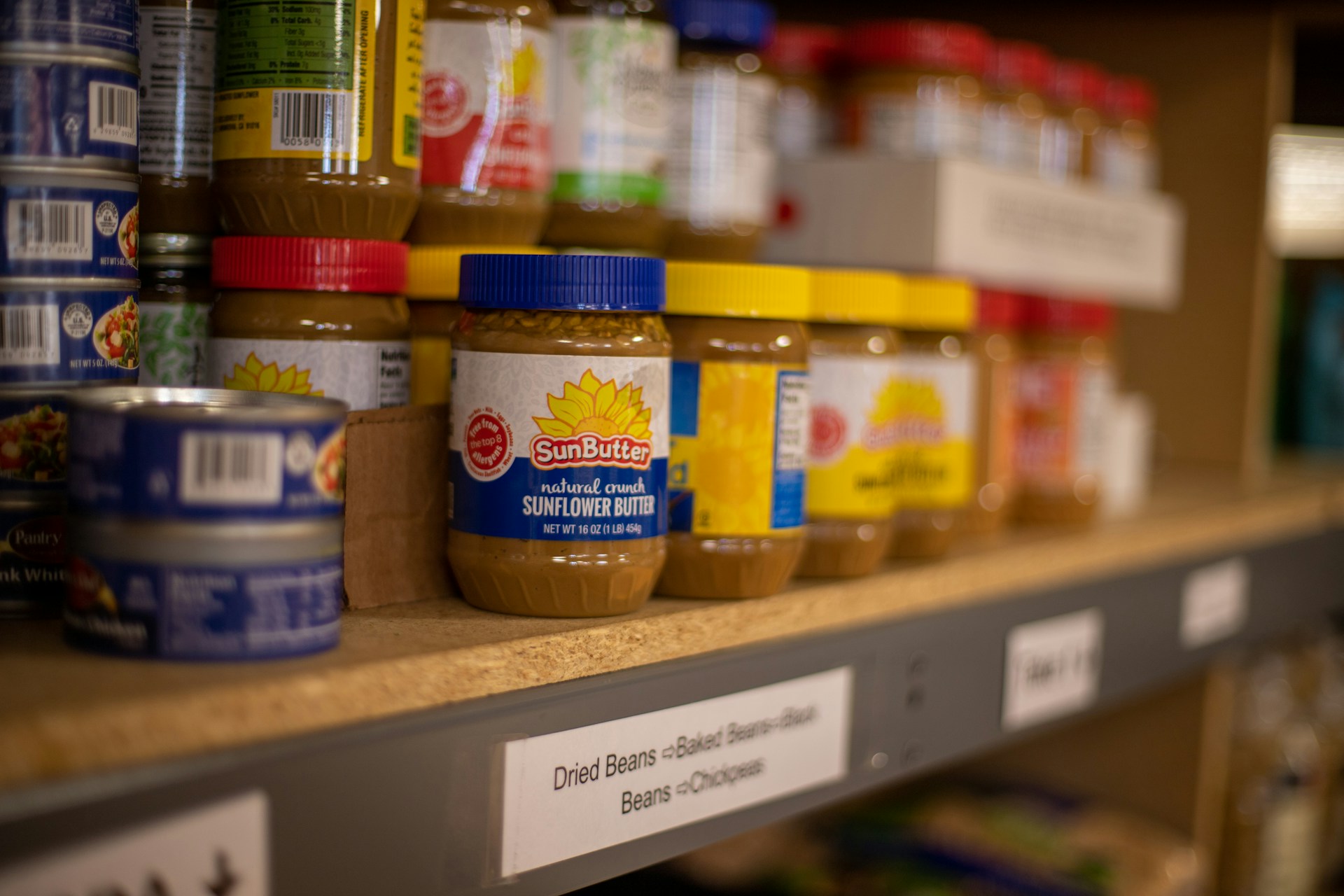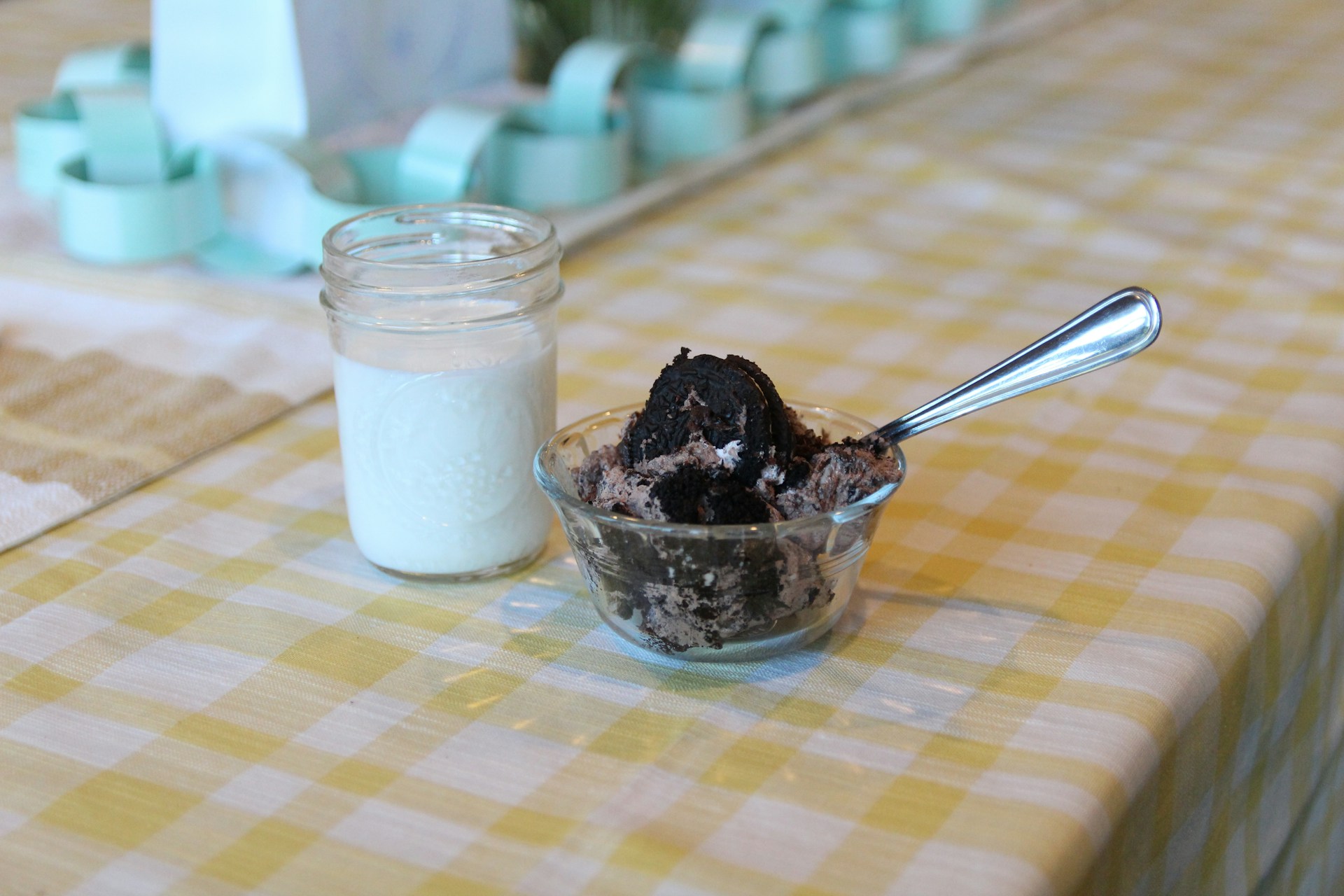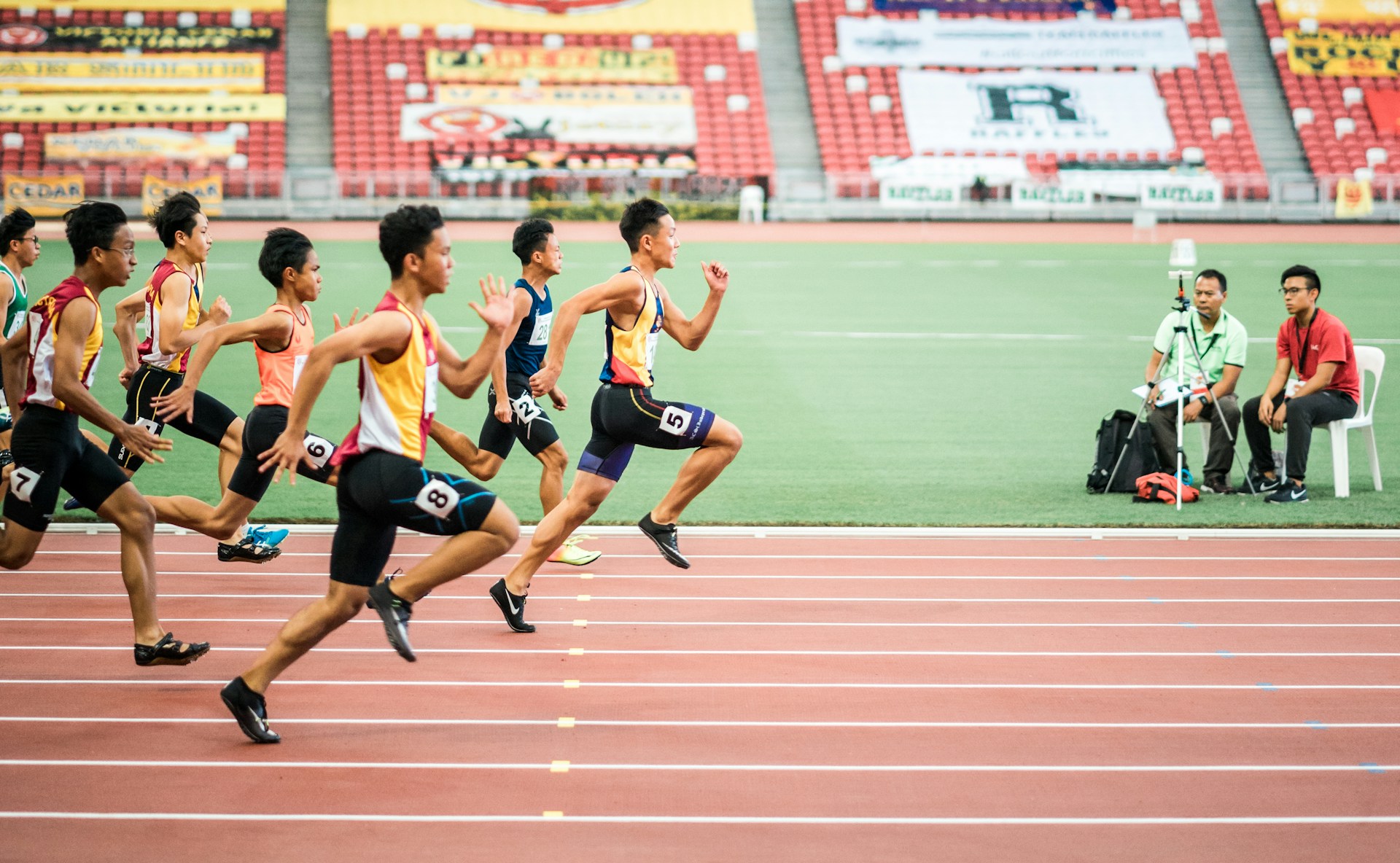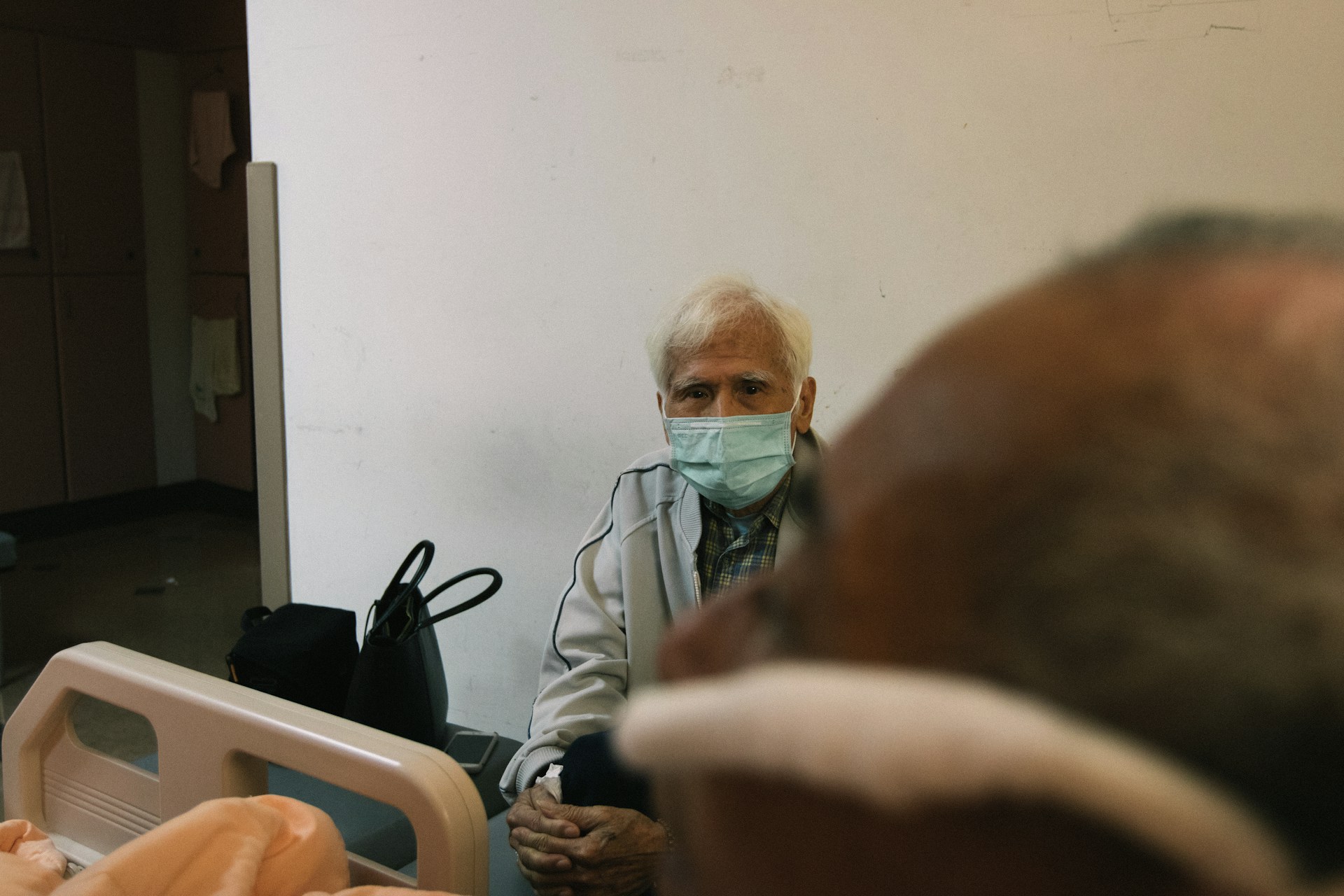The Effectiveness of Mobile Device-Based Digital Interventions on the Risk Factors of Diabetes Mellitus Control in the Industrial Revolution 4.0
Downloads
ABSTRACT
Background: Diabetes mellitus is a chronic disease which if not done properly, can cause microvascular and macrovascular disorders. Indicators of the accuracy of diabetes management in this scientific article include education, self-management (improving diet, increasing physical activity, and self-efficacy), and monitoring of HbA1c levels. Mobile devices have the potential as a tool for diabetes mellitus management in the era of the industrial revolution 4.0.
Purpose: to provide the latest information regarding the effectiveness of using mobile devices in controlling risk factors for diabetes mellitus.
Method: This study is a literature review study. The electronic databases used are Google Scholar, Science Direct, and Directory of Access Journals (DOAJ). Inclusion criteria: original research, a journal of at least 80% indexed by Sinta (Indonesian journal) and indexed by Scopus (international journal), published year 2010-2020, intervention using a mobile device, has an output of HbA1c levels, self management (diet, physical activity, and self efficacy), and the level of knowledge. Exclusion criteria: reference with secondary data.
Result: This study used 16 scientific articles. A number of 12 studies (75%) reported the use of mobile device applications in controlling risk factors for diabetes mellitus had significant measurement results in controlling HbA1c levels in 10 studies (83%) and 2 studies were not significant (17%). Outcomes in the form of self-management were reported by 9 studies with details of the significant results of dietary improvement in 5 studies (83%), increased physical activity in 5 studies (63%), and self-efficacy in 4 studies (67%). The increase in knowledge was reported by 4 studies with significant results (100%).
Conclusion: Mobile device-based digital intervention is quite effective in controlling diabetes mellitus risk factors to control HbA1c levels, increasing self-management (improving diet, increasing physical activity, and self-efficacy) and knowledge.
World Health Organization. WHO Global Report on Diabetes. (2016). Available at: https://apps.who.int/iris/handle/10665/204871. (Accessed 24th January 2020)
Kementrian Kesehatan Republik Indonesia. Lindungi Keluarga dari Diabetes (2018) Available at: p2ptm.kemkes.go.id/post/lindungi-keluarga-dari-diabetes. (Accessed 28th January 2020)
Kementerian Riset, Teknologi dan Pendidikan Tinggi. Ristekdikti Kreatif dan Inovatif di Era Revolusi Industri 4.0. Volume 8 | I | 2018. (2018). Available at:https://ristekdikti.go.id/wpcontent/uploads/2018/05/Layout-Majalah Ristekdikti-I-2018-Update-Page-20180426.pdf. (Acceseed 24th January 2020)
Kementerian Komunikasi dan Informatika. Survey Penggunaan TIK 2017 serta Implikasinya terhadap Aspek Sosial Budaya Masyarakat. (2017). Available at:https://www.google.com/url?sa=t&rct=j&q=&esrc=s&source=web&cd=1&ved=2ahUKEwjlw5_kqXnAhWcILcAHZCsAxgQFjAAegQIBxAB&url=https%3A%2F%2Fbalitbangsdm.kominfo.go.id%2F%3Fmod%3Dpublikasi%26a%3Ddl%26page_id%3D360%26cid%3D9%26download_id%3D187&usg=AOvVaw3Q2iAy9DXOIfAzve_9s2MZ. (Accessed 28th January 2020)
Kementerian Komunikasi dan Informatika. Laporan Tahunan 2018. (2018). Available at: https://web.kominfo.go.id/sites/default/files/LAPORAN%20TAHUNAN%20KOMINFO%202019%20LOW%20%287%29.pdf. (Accessed 24th January 2020)
Kay M, Santos J, Takane M. mHealth: New Horizons for Health through Mobile Technologies. (2011). Available at: http://www.who.int/goe/ publications/goe_mhealth_web.pdf (Accessed June 29, 2017)
S. Tani, et al., Development of a Health Management Support System for Patients With Diabetes Mellitus at Home. Journal of Medical Systems 34 (3) 223–228 (2010)
L. Haas, et al., National standards for diabetes self-management education and support. J. Diabetes Care 35 (11) 2393–2401 (2011)
Wolpert, B.A., B.J. Anderson. Management of diabetes: are doctors framing the benefits from the wrong perspective. British Medical Journal 323 (7319) 994–996 (2001)
Petrovski, G., Marija, Z., & Slavica, S. S. Social Media and Diabetes: Can Facebook and Skype Improve Glucose Control in Patients With Type 1 Diabetes on Pump Therapy? One-Year Experience. J. Diabetes CAre, 38, e51-52 (2015)
Trawley, S., Jessica L. B., Virginia L. H., Christel H., Elizabeth H-T., Frans P., Timothy C. S., & Jane S. The Use of Mobile Applications Among Adolescents with Type 1 Diabetes: Results from Diabetes MILES Youth”Australia. J. of Diabetes Technology & Therapeutics. 18 (12), 1-7 (2016)
Mulvaney, S. B., Shilo, A., Annie, K. S., Eric, J. P., & Kevin, B. J. A Pilot Test of a Tailored Mobile and Web-based Diabetes Messaging System for Adolescence. J. Of Telemedicine and Telecare. 18, 115-118 (2012)
Kirwan, M., Cornel, V., ANdrew, F., & Mitch, J. D. Diabetes Self-Management Smartphone Application for Adults With Type 1 Diabetes: Randomized Controlled Trial. J. of Med. Internet Res. 15, iss. 11, e235, p1-14 (2013)
Charpentier, G., Pierre-Yves, B., Dured, D., Annie, C., Sylvia, F., Pauline, S., Bogdan, C., Vincent, M., Lucy, C., Anne F., Jean-Luc, B., & Alfred, P. The Diabeo Software Enabling Individualized Insulin Dose Adjustments Combined With Telemedicine Support Improves HbA1c in Poorly Controlled Type 1 Diabetic Patients. J. Diabetes Care. 34, 533-539 (2011)
Franc, S,. S. Borot, O. Ronsin, J-L. Quesada, D. Dardari, C. Fagour, E. Renard, A-M. Leguerrier, C. Vigeral, F. Moreau, P. Winiszewski, A. Vambergue, H. Mosnier-Pudar, L. Kessler, S. Reffet, B. Guerci, L. Millot, S. Halimi, C. Thiovet, P-Y. Benhamou, A. Penfornis, G. Charpentier, & H. Hanaire Telemedicine and Type 1 Diabetes: Is Technology Per Se Sufficient to Improve Glicaemic Control?. J. Diabetes Metab. 558, 1-6 (2014)
Ramachandran, A. Chamukuttan, S., Jagannathan R., Sundaram S., Mary S., Arun N., Ananth S. S,, Ian F. G., Nish C., Azeem M., Nick O., Christofer T., K George A., & Desmond G. J. Effectiveness of mobile phone messaging in prevention of type 2 diabetes by lifestyle modiï¬ cation in men in India: a prospective, parallel-group, randomised controlled trial. J. Lancet Diabetes Endocrinal. 1, 191-198 (2013)
Holmen, H., Milada C. S., Astrid T., Astrid K. W., Anne K. J., Eirik í…., & Lis R. A Mobile Health Intervention for Self-Management and Lifestyle Change for Persons with Type 2 Diabetes, Part 2: One-Year Results From the Norwegian Randomized Controlled Trial RENEWING HEALTH. J. JMIR mHealth uHealth. 2, iss 4, e57, p.1-15 (2014)
Froisland, D. H., & Eirik, A. Integrating Visual Dietary Documentation in Mobile-Phone-Based Self-Management Application for Adolescents With Type 1 Diabetes. J. Of Diabetes Science and Technology , 1-8 (2015)
Guo, S. H-M., Her, K-C., & Chun, Y. L. Impact of Mobile Diabetes Self-Care System on patients' knowledge, behavior and efficacy. J. Computers in Industry. 69, 22–29 (2015)
Quinn, C. C., Erin, C. B., Krystal, K., Michelle, D. S., Michael, D. T., Erik, A. B., & Ann, L. G-B. Mobile Diabetes Intervention Study of Patient Engagement and Impact on Blood Glucose: Mixed Methods Analysis. J. JMIR Mhealth Uhealth. 6 (2). 31, p1-11 (2018)
Chao , D. Y. P., Tom, M. Y. L., & Wen-Ya, M. Enhanced Self-Efficacy and Behavioral Changes Among Patients With Diabetes: Cloud-Based Mobile Health Platform and Mobile App Service. J. JMIR Diabetes. 4, 1-15 (2019)
Nundy, S., Jonathan J. D., Chia-Hung C., Robert S. N., Marshall H. C., & Monica E. P. Mobile Phone Diabetes Project Led To Improved Glycemic Control and Net Savings For Chicago Plan Participants. J. Health Affairs. 33, NO. 2: 265–272 (2014)
Olmen, J. V., Guy, K., Catherine, K., Jeroen, de M., Kristien, V. A., Jean, C. K., Maurits, V. P., Grace, M. K., Haeng, H., Dominique, K., Billy, M., Christian, D., & Francois, S. The effect of text message support on diabetes self-management in developing countries – A randomised trial. J. of Clinical & Translational Endocrinology. 7, 33–41(2017)
Fukuoka, Y., Caryl, L. G., Kevin, L., Joiner, & Eric V. Novel Diabetes Prevention Intervention Using a Mobile App. J. Am J Prev. Med. 49(2), 223–237 (2015)
Lubis , K. L., Agus, H., & Fatwa S. T. D. Desain Sistem Pengingat Berbasis SMS untuk Meningkatkan Kepatuhan Pengobatan Pasien Diabetes Melitus. J. of Information Systems for Public Health. 1 (1) 3--9 (2016)
Zhou, W., Min, C., Jingyun, Y., & Yan, S. Welltang – A smart phone-based diabetes management application – Improves blood glucose control in Chinese people with diabetes. J. of Diabetes Research and Clinical Practice. 116, 105 – 110 (2016)
Krishna, S., Ed. S., & Suzane Austine Boren. Diabetes Self-Management Care via Cell Phone: A Systematic Review. J of Diabetes Sciene and Technology, 2, 519-519. 2008
Veazie, S, et al. Mobile Health Applications for Self-Management of Diabetes. (AHRQ Publication, 2018).
Hou, C., Ben, C. Jonathan, H., Trevor, F., & Sharon, M. Do Mobile Phone Applications Improve Glycemic Control (HbA1c) in the Self-management of Diabetes? A Systematic Review, Meta-analysis, and GRADE of 14 Randomized Trials. J. Diabetes Care, 39 2089-2095 (2016)
Holtz, B., & Carolyn Lauckner. Diabetes Management via Mobile Phones: A Systematic Review. J. Telemedicine and Health, 18 175-183, (2012)
AMERTA NUTR by Unair is licensed under a Creative Commons Attribution-ShareAlike 4.0 International License.
1. The journal allows the author to hold the copyright of the article without restrictions.
2. The journal allows the author(s) to retain publishing rights without restrictions
3. The legal formal aspect of journal publication accessibility refers to Creative Commons Attribution Share-Alike (CC BY-SA).
4. The Creative Commons Attribution Share-Alike (CC BY-SA) license allows re-distribution and re-use of a licensed work on the conditions that the creator is appropriately credited and that any derivative work is made available under "the same, similar or a compatible license”. Other than the conditions mentioned above, the editorial board is not responsible for copyright violation.












































